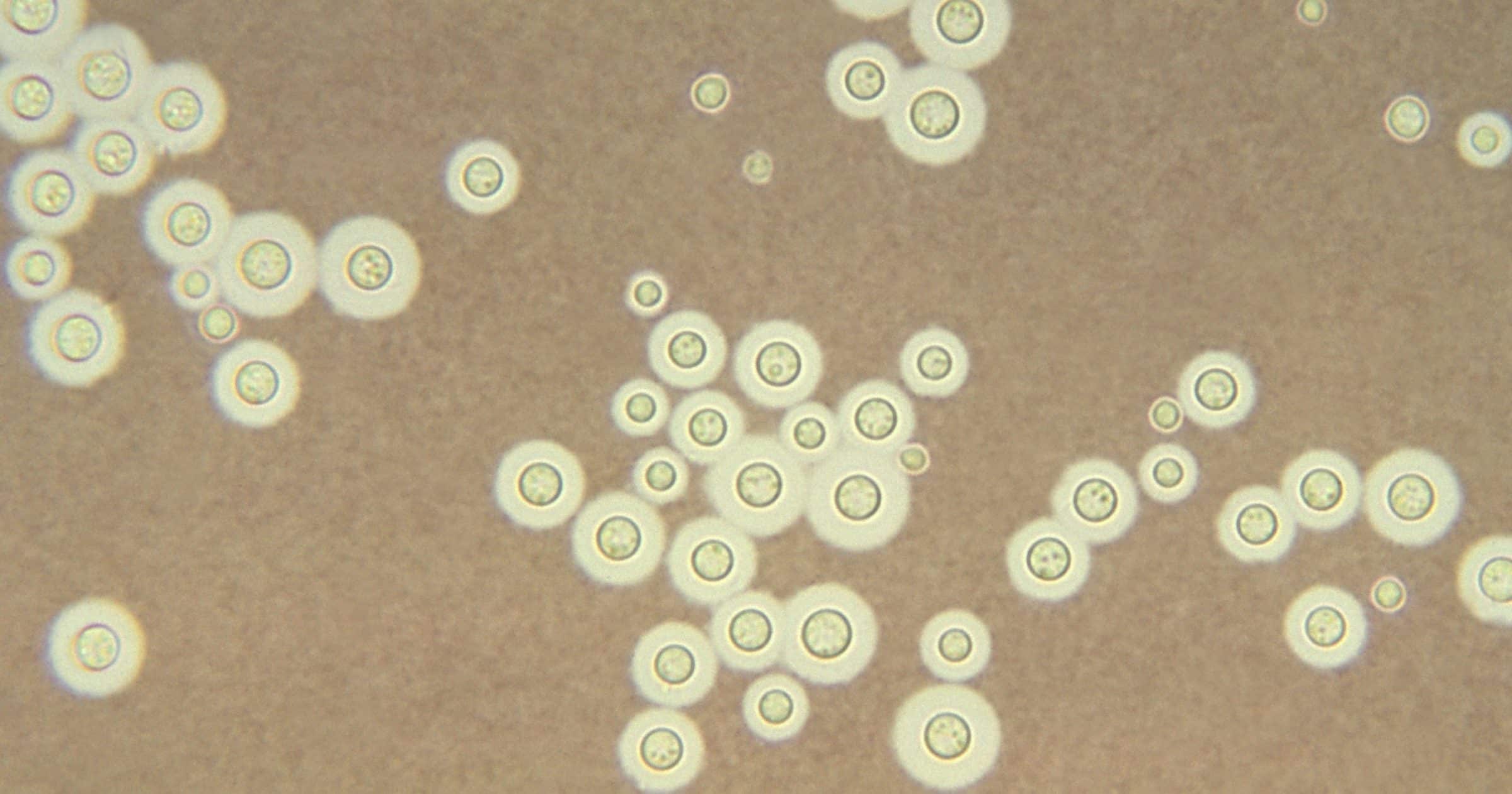
On a brand new episode of ID the Future, Stairway to Life co-author Rob Stadler and host Eric Anderson delve deeper into “Problem to Origin of Life: Power Harnessing,” the most recent video within the cheeky Lengthy Story Brief clever design video sequence.
May the primary cell have been a lot easier than any present cell, making it simpler for it to emerge by means of blind pure forces on the early Earth? Stadler and Anderson think about one large drawback with that concept: in experiments to make comparatively easy cells even easier, the cells inevitably turn out to be much less strong and adaptable. These easier cells have to be coddled to outlive. However the first cell on Earth would have been something however coddled. It could have had no supply of glucose and been battered by one and all. (Plus, even these artificially easy cells are nonetheless terribly subtle in comparison with human know-how.)
What about studies of a radiotrophic fungus (see above) close to the Chernobyl nuclear accident that may feed off radiation? As Stadler notes, whereas that is an intriguing discovery, fungi are rather more advanced than something being proposed as the primary dwelling cell, and the fungus undoubtedly possesses subtle energy-harnessing and processing equipment. The underside line: any viable, self-reproducing cell, together with the primary one within the historical past of life, will need to have an energy-harnessing system already in place to outlive, and such programs are essentially enormously subtle. Stadler argues that we all know sufficient about what pure forces can and can’t do to know that pure causes alone couldn’t make this leap from non-life to first life. One other form of trigger was required. To be taught extra, obtain the podcast or take heed to it right here.

